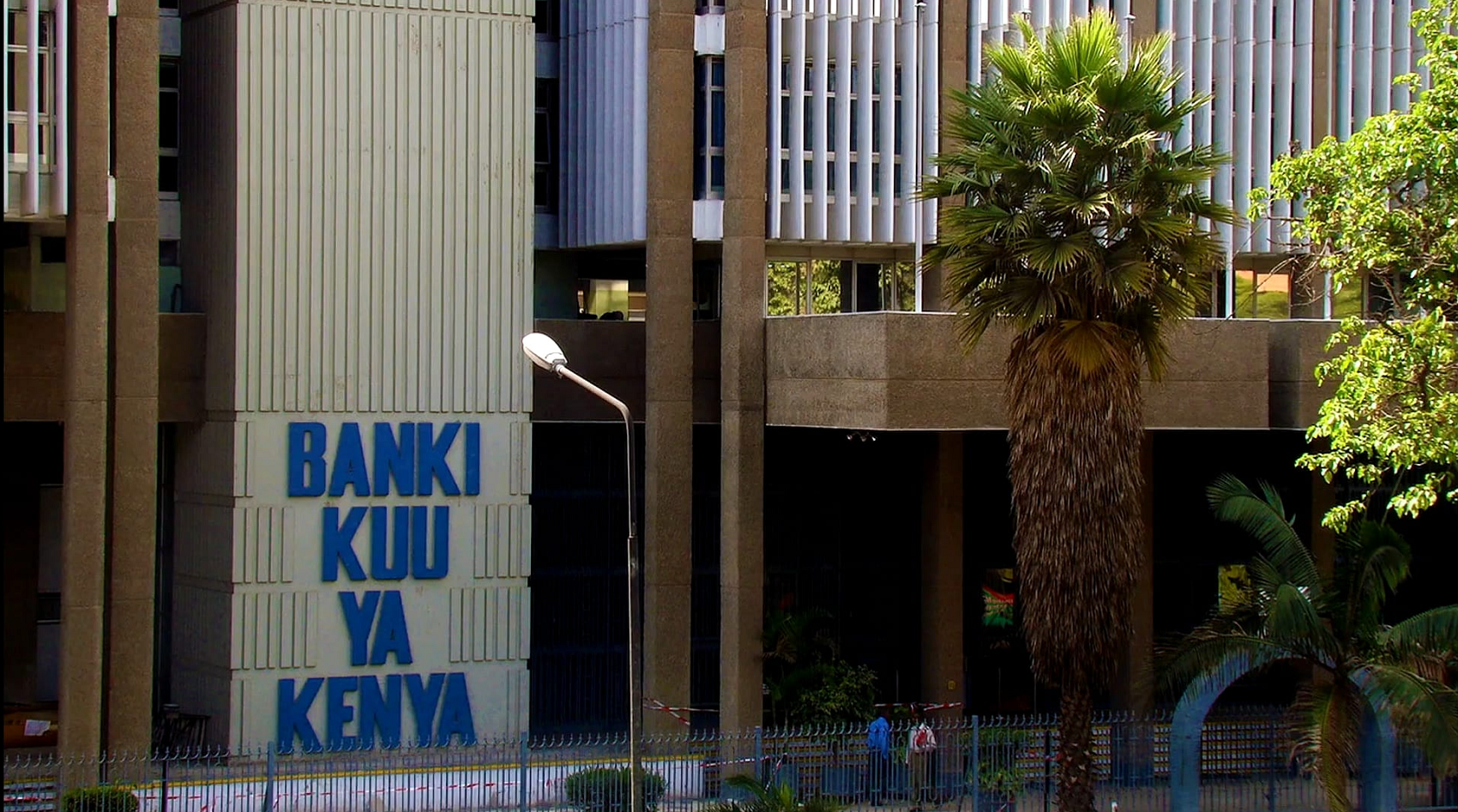A new Central Bank report shows that in the second quarter of 2017, demand for credit remained unchanged in nine economic sectors. The top three sectors indicating the unchanged demand for credit are mining and quarrying, tourism, energy and water and financial services, according to the Commercial Banks’ Credit Survey April- June 2017.
However, demand for credit increased in trade and personal/household economic sectors. The respondents indicated that interest rate capping has led to reduced cost of borrowing, resulting to increased demand for credit in the two sectors.
The report shows that gross loans decreased by 0.84% from KSh 2.38 trillion in March 2017 to KSh 2.36 trillion in June 2017. This decrease in gross loans was mainly attributable to a reduction in loans granted to support the transport and communication, trade, agricultural, real estate and mining and quarrying sectors.
Total deposits increased by 4.01% from KSh 2.74 trillion in March 2017 to KSh 2.85 trillion in June 2017. The increase in deposits was attributed to deposits made by oil supply companies, telecommunication companies and government agencies.
The ratio of gross non-performing loans to gross loans increased from 9.5% in March 2017 to 9.91% in June 2017. The increase in the gross non-performing loans was mainly attributable to a challenging business environment.
Related: Caring for environment attracts quick loans from KCB
Issuance of equity, issuance of debt securities, internal financing, retention of CBR, loans from non-banks, available investment opportunities, loans from other banks and cost of borrowing were cited as having had the least influence on the demand for credit during the quarter under review. This was reported by 89%, 89%, 77%, 74%, 73%, 64%, 59% and 53% of the respondents respectively.
However, political risk (68%) had the highest effect on decreasing demand for credit.
Slowdown in economic activity and the prolonged drought being experienced in the country were cited as the main driving factors for tightening of credit standards.
In terms of interest rates, 98% of the respondents indicated that their banks held their interest rates constant; whereas 2% of the respondents indicated that their banks decreased their interest rates. This downward trend on interest rates could be an indication that the commercial banks are complying with the Banking (Amendment) Act, 2016. The Act limits interest chargeable on loans at not more than 4% above the prevailing Central Bank Rate (CBR).
On the effect of interest rate capping to credit demand, the report shows there was increased demand for credit as indicated by 35% of the respondents who attributed this to cheaper credit. 50% of the respondents indicated that the demand for credit remained unchanged while 15% noted that demand for credit decreased. 54% of the commercial banks indicated that interest rate capping negatively affected their lending to SMEs.
Interest rate capping has compelled banks to increase their risk mitigation measures. As a result, this has locked out potential customers below certain risk thresholds on existing products standards.
With regards to the expected demand for credit in the third quarter of 2017, most of the respondents anticipate that interest rate capping will have little impact on actual credit advanced as indicated by 70% of the respondents. This is due to the continuation of capping of interest rates and upholding of the tightened credit standards. However, 7%t of the respondents felt that interest capping will lead to an increase in actual credit advanced.
The remaining 23% of the respondents felt that the actual credit advanced will decrease attributing it to slowdown in economic activity.













Leave a comment